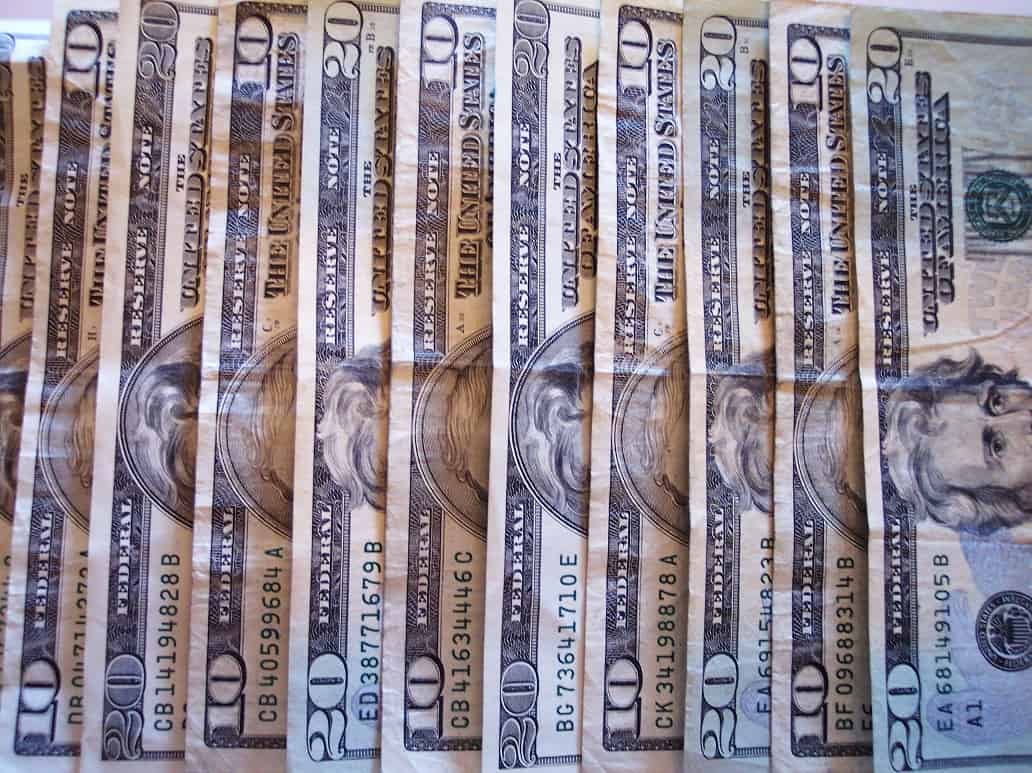First, when purchasing property, the Seller typically credits the Buyer at closing for prorated taxes attributable to the number of days the Seller held the property. Taxes are paid the year after they accrue, so the Buyer will be responsible for paying the full amount of the tax bill when it comes due. If the Buyer is obtaining a mortgage, the lender may require an escrow for the taxes that have accumulated.
After closing, the Buyer should pay attention to any tax exemptions that may be available, and apply for them when appropriate. For example, the Homeowner Exemption requires the Buyer to certify that either the Buyer or the Seller resided in the home on January 1 of the year of the application. If the Seller lived elsewhere, or the owner is a bank or corporate entity, or if the property is new construction, that condition may not be met until the calendar year after the real estate transaction is closed and the Buyer moves in.
In Cook County, property tax bills are issued in two installments. The first installment usually tracks the second installment bill from the prior year. The second installment bill also is when the exemptions typically are applied.
The underlying value of the property is subject to a new assessment every three years, sometimes referred to as the triennial reassessment. A change in the assessed value can cause a jump in the tax bill. The amount of tax also depends on the local tax rate and equalization factors, changes to which also can impact the amount taxed from year to year. Legislation increasing tax rates also can result in a higher tax bill.
Property owners have a right to appeal an assessed value after receiving notice of the reassessment, or other increase in the tax bill. The appeal window usually is very short, however, so it is imperative to act immediately.


